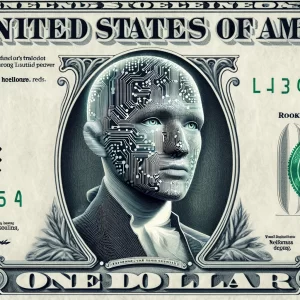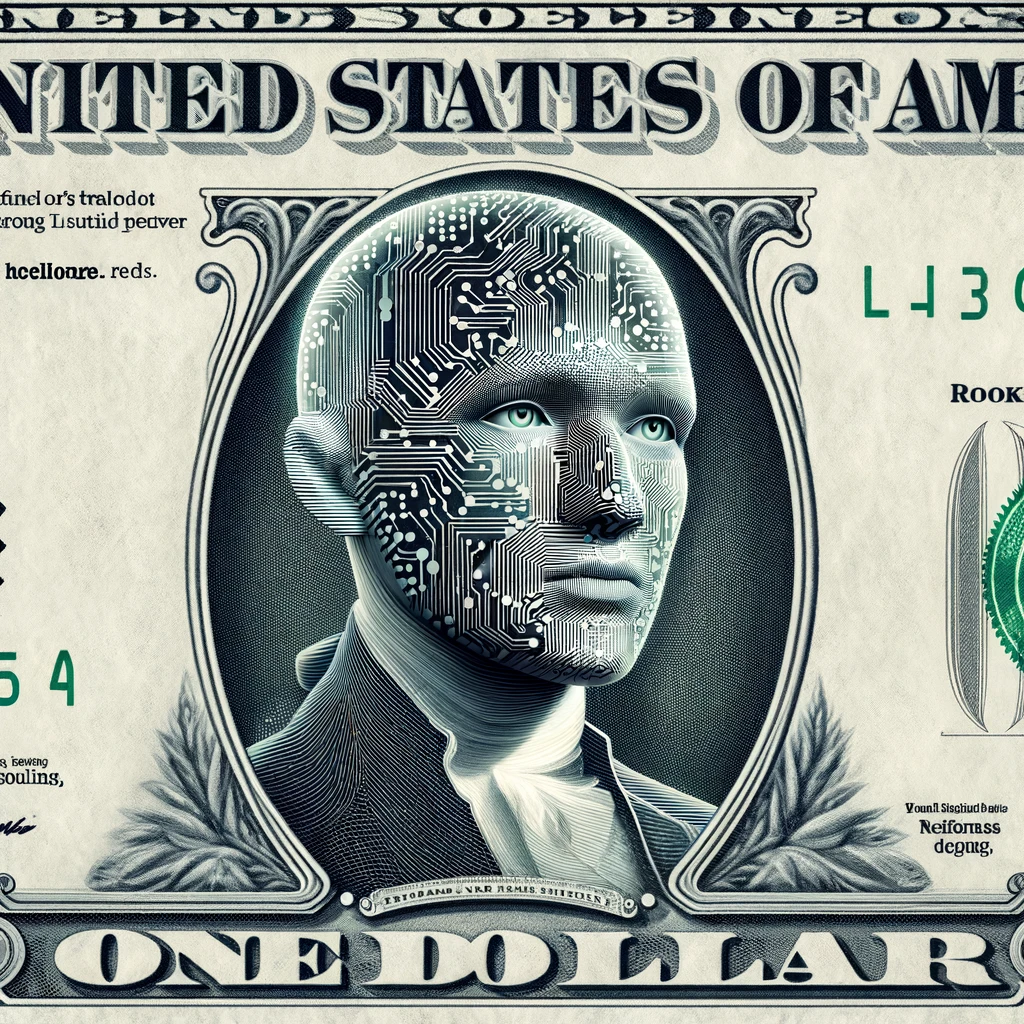
Explore AI Investing Strategies to Transform Your Financial Portfolio
By, Jeremy Reif, CRPS
Artificial intelligence (AI) is making a large impact on many industries in a very short amount of time. This may be the modern-day equivalent of an industrial revolution. How this will affect the world of finance is a story that is continuing to unfold in the present time.
For the time being, trusting AI to pick investments or do your financial planning, it is advised to use caution as AI is new to the industry. Most AI is looking back at historical data. Some services rely on data that is two years old or older.
Emotions
One of the largest problems with investors is their emotions. They typically affect decision-making and make moves at the wrong time. This is one area in which AI can certainly help investors. AI has no emotions and can help with reviewing facts.
Algorithms
AI is not new to the investment scene. Many financial firms and hedge funds have built trading algorithms, which, in a sense, are a form of AI. The real opportunity here is to see how these algorithms can be improved and implemented in the real world. The markets are resilient and will continue to evolve alongside the algorithms. Please note, that it would be difficult to tell what each algorithm is doing internally and what data they are using. They are not all created equal. If one were perfect, everyone would be using it.
Economy
The Federal Reserve is constantly watching employment data. As mentioned before, AI is the modern industrial revolution. Jobs will be lost to AI, but new jobs will eventually be created as a result. For example, Sound Hound, AI has the technology to replace the people who take food orders. New jobs will come up, for people to set up the menu and service the technology.
Some areas of the economy will be affected more than others. The healthcare and retail sectors could see tremendous growth with AI. Healthcare could benefit from efficiencies that could speed up visits, bridge the lack of communication between departments inside or outside the facility, track and monitor devices, and the list goes on. Retail also has a lot to gain.
Companies Leading The Way
Right now, several companies are paving the way for this new technology and AI. Seven major firms are in the spotlight this last year:
Please note, this is not an endorsement for any of the companies listed below. This is only to explain how companies are impacting AI in different manners and markets. When considering an investment, it’s important to conduct thorough research or consult with a financial advisor. Look at the company’s financial health, growth prospects, position within the AI market, and how its AI investments align with future trends. Remember, what might be the best AI stock for one investor may not be suitable for another due to different investment horizons, risk tolerances, and market outlooks.
- NVIDIA Corporation (NVDA): NVIDIA is a leading manufacturer of graphics processing units (GPUs) that are essential for AI computing. The company’s hardware is widely used in machine learning, autonomous vehicles, and high-performance computing applications.
- Alphabet Inc. (GOOGL): Alphabet, the parent company of Google, is a pioneer in AI research and applications. Google’s AI technologies power a wide range of products and services, including search algorithms, ad targeting, voice recognition, and autonomous driving through Waymo.
- Amazon, Inc. (AMZN): Amazon leverages AI across its e-commerce platform for personalized recommendations, logistics, and its AWS cloud services, including machine learning solutions and tools for developers.
- Microsoft Corporation (MSFT): Microsoft invests heavily in AI for cloud computing services, Azure AI, and its various software products. The company is also integrating AI into its consumer products and services, such as Cortana and Office 365.
- Apple Inc. (AAPL): While not often touted purely as an AI company, Apple incorporates AI technologies into its products, including Siri, facial recognition, and personalized experiences across its device ecosystem.
- IBM (IBM): IBM is known for its Watson AI, which provides a suite of enterprise-level AI solutions used across various industries for data analysis, automation, and predictive analytics.
- Tesla Inc. (TSLA): Tesla is not just an electric vehicle manufacturer; it’s also at the forefront of AI for autonomous driving technologies. The company’s investment in AI extends to optimizing manufacturing processes and battery technology.
While the excitement around AI can sometimes lead to hype, it’s clear that the fundamental technology and its applications offer transformative potential across many aspects of society and the economy. As with any emerging technology, there will be challenges to overcome, including ethical concerns, job displacement, and ensuring equitable benefits. However, the sustained focus on innovation, combined with ongoing dialogue around responsible use, suggests that AI is a critical area of development that warrants serious attention from businesses, policymakers, and the public.

